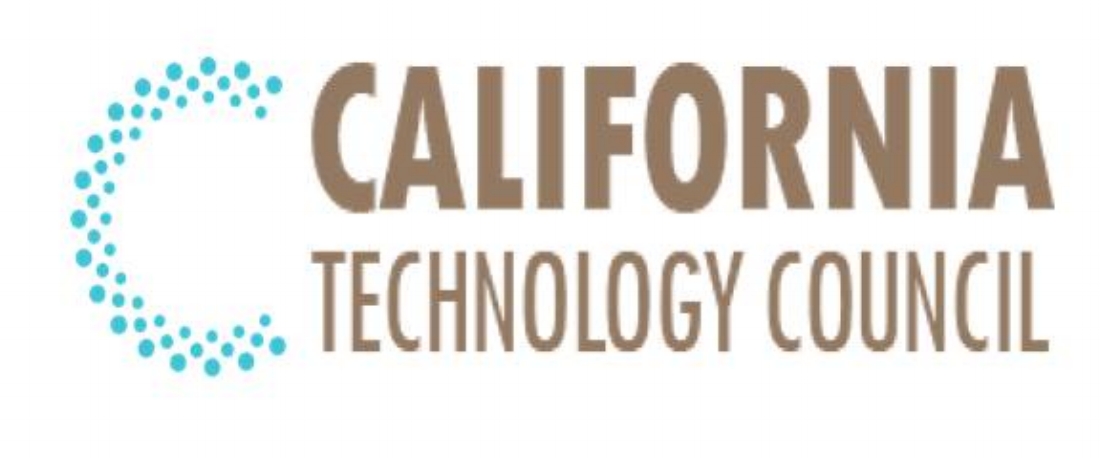In a recent post, CTC ally Bartlett Cleland opined about the potential expiration of the Internet Tax Freedom Act. CTC participated in a broad coalition supporting permanent extension of ITFA alongside CompTIA and other tech councils. Read the coalition letter to Congress here.
by Bartlett D. Cleland
(Originally published by the Institute for Policy Innovation. Excerpts reprinted by permission.)
Lost in the news about how Congress avoided a government shutodown until December 11 by passing a short-tem funding extension was that the Internet Tax Freedom Act (ITFA) was extended for the same duration, continuing the long-standing moratorium on Internet taxes. Otherwise the moratorium would have ended on September 30, and consumers would have felt a hit in the pocketbook almost immediately.
ITFA was first signed into law in 1998, and it has been extended repeatedly. Originally intended to be permanent but negotiated to be temporary, the Act bans federal, state and local governments from imposing discriminatory taxes on online sales and Internet access.
Without action the Moratorium will expire, and that would be costly, especially for consumers of wireless Internet. The American Action Forum released an analysis last year showing that the cost to taxpayers would be $14.7 billion annually.
Who would support this massive tax increase in the middle of a years-long struggling, sluggish economy? As the private and public sectors spend millions of dollars to ensure people have broadband access, why impose a new tax that will disproportionately affect those least able to pay?
Only one thing has prevented passage of a permanent moratorium and the elimination of disparate, discriminatory tax treatment of the Internet--politics.
In this case, big-government pro-taxers in the House and Senate have put off a permanent fix in an effort to force Congress to accept a massive tax increase and the radical expansion of government authority with a legislative vehicle once oxymoronically named the Mainstreet Fairness Act.
And now the continuation of ITFA is in serious doubt.
One would think that immediate passage of a permanent moratorium would be a foregone conclusion, particularly since the taxes discriminate against certain technologies and business plans, and ultimately fall heaviest on those least able to bear the burden. Yet, the self-serving politics of pro-taxers and government expansionists continue to be a barrier to Internet freedom. Congress should move to protect taxpayers and Internet users once and for all by making the moratorium permanent.
Read the full text of the piece at the Institute for Policy Innovation here.

